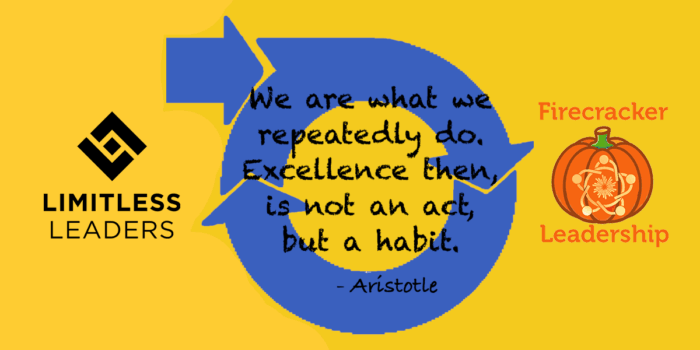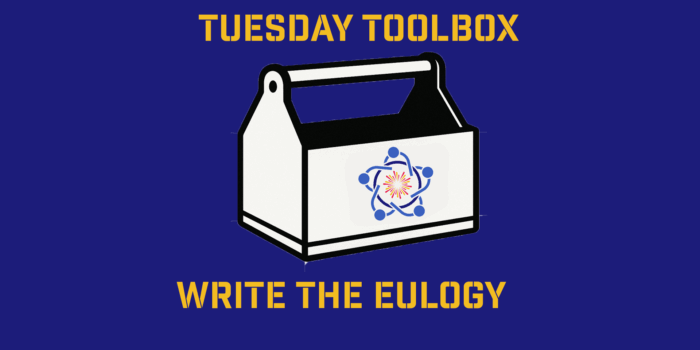This article represents GiANT’s Liberation: Support and Challenge.
My first Instacart board meeting was in November 2015. I had joined a month earlier as CFO. Our financials were ugly. We had $2M of revenue but were chewing through $11M of cash every four weeks, and lost $15 on every delivery. We were going to exhaust our cash in less than a year. Our last round was at $2B – a valuation detached from reality.
Mike Moritz was our board member from Sequoia. Anyone who has ever met Mike or read his writing knows that he has a special way with words. In this meeting, he delivered a simple and devastating message: if we didn’t change – immediately – we would go out of business. It was the single worst meeting of my career.
Over the next year, the Instacart team turned the company around. We went from losing $15 an order to making $3 an order. Without raising additional capital we built a cash buffer that was good for another year plus. We accomplished more in that 12-month period than I ever thought possible.
Fast forward to June 2017. Things at Instacart were now going well. We had raised $400M at $3.4B (led by Mike at Sequoia). We were growing quickly with consistently improving quality and profitability. It was working.
Then Amazon bought Whole Foods. Our biggest partner. 43% of our volume. Bought by Amazon with a reputation for annihilating competitors. You know that scene in Game of Thrones when the White Walkers broke down the wall? It felt like that.
I woke to 263 text messages. Some from our team, some from our grocery partners, some from friends, some from people I hadn’t spoken with since high school. One was from my mom – “Are you ok?” (I love you, Mom!). Many were from our investors asking what it meant for their investment.
One was from Mike. “What do you need?”
He came to our office and sat with us. We called an all-hands. The leadership team sat and worked through our plan and messaging. Mike pulled out his computer and wrote our press release himself:
“From the beginning, we’ve been committed to helping grocers compete online. That’s more important than ever given Amazon just declared war on every supermarket and corner store in America. We already work with over 160 retailers across the country and look forward to partnering with many more.”
After the all-hands, we were spent. Another text message from Mike. It was his home address. We spent the rest of the afternoon together at his house. We talked about moments of crisis at other companies. We talked about what to do with our own crucible moment.
Over the next year, the team was on fire. We signed nearly every important grocer. When Whole Foods ultimately left the platform, they were <5% of our volume. A little over a year after the acquisition, our company had doubled in value.
The team deserves all of the credit for what Instacart accomplished and what it is today. But I will always remember that Mike was there for us when very few others were.
Most people think of demanding and supportive as opposite ends of a spectrum. You can either be tough or you can be nice. But the best leaders don’t choose. They are both highly demanding and highly supportive. They push you to new heights and they also have your back.
What I’ve come to realize over time is that, far from being contradictory, being demanding and supportive are inextricably linked. It’s the way you are when you believe in someone more than they believe in themselves.
All of the great leaders I’ve worked with are this way. Founders and board members. Coaches and teachers. My parents.
I aspire to be demanding and supportive.
Thank you to Adam Grant for introducing this concept to me. I am grateful.



